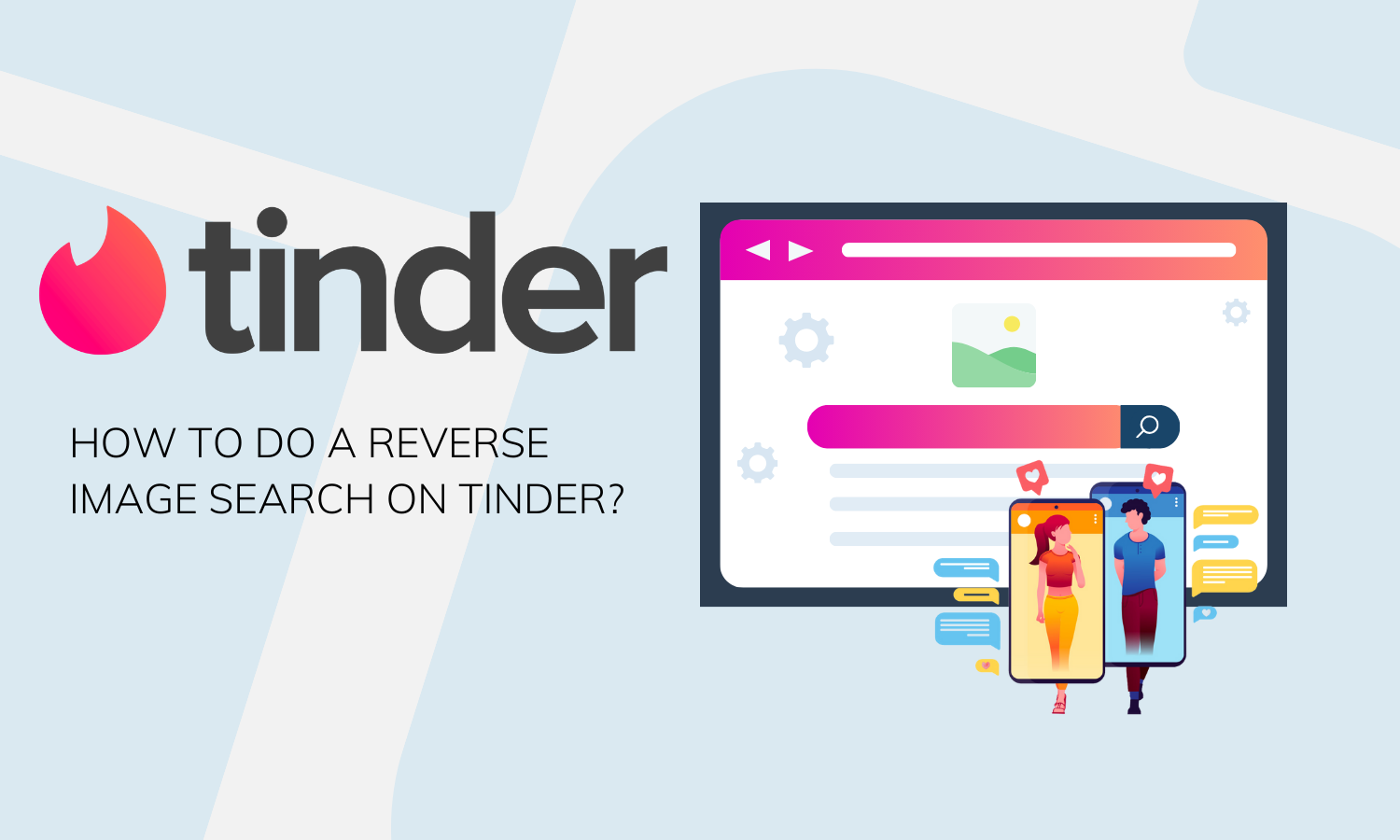

Updated · Jan 10, 2024
Updated · Jan 02, 2024
With a master's degree in telecommunications and over 15 years of working experience in telecommunic... | See full bio
Lorie is an English Language and Literature graduate passionate about writing, research, and learnin... | See full bio
Internet privacy is a blanket term for technologies, concepts, and protocols that give individual users or other entities more privacy protections when they use the internet.
The United States has over 307.34 million internet users as of 2022, making it one of the most prominent markets in the world. 90% of these internet users believe their online privacy is essential. Moreover, 80% of American Internet users are concerned about companies collecting private data.
Unfortunately, the lack of awareness about data rights and internet protection is still a big problem for many Americans. Let’s check out the latest stats!
Editor’s Choice
|
6 out of 10 Americans believe it is only possible to live our daily lives with the government or companies collecting data from Internet users. Furthermore, 80% of Americans are concerned about how companies and the government use this data.
Sadly, 67% of US Internet users are unaware of data privacy and protection laws. To address the concern, 4 out of 5 Americans support policies safeguarding Internet privacy.
Regardless, data breaches and other online dangers still abound. Let’s dive into some valuable stats about data privacy!
(Pew Research)
97% of US Internet users say they have agreed to the terms and conditions of a company's privacy policy. Yet, relatively few have admitted to reading these policy reports regularly.

56% admit that they do not understand the term "privacy policy" and thought it meant that companies would not share their data with third parties without permission.
(DataProt)
79% of adults are concerned about how companies are using the data collected from them. Meanwhile, 64% are concerned about how the government will utilize their personal information.
Most of these stem from data collection from apps and platforms used for advertising or marketing.
(Termly)
iOS apps track 72.6% of private user data, while 45% of websites use some cookie-tracking setup. As of February 2021, around 37% of all websites use non-secure cookies.
Websites use cookies to recall your previous visits and optimize the user’s experience as they see fit. Examples of how cookies are used include:
(Varonis)
A survey of 1000 adults showed that 64% have never attempted to check if their data has been compromised in a data breach. Among them, 56% don’t know what steps to take if they are affected.
|
🎉 Fun Fact: It can take up to 70 days to recover from data breaches, making them devastating for individuals and businesses. |
People use social media for an average of 2 hours and 24 minutes daily. However, while most social media is free, it comes with a cost.
Social media sites use our data to aid advertisers in measuring the effectiveness of their ads and understanding people’s behavior on their platforms. Unfortunately, data from social media profiles cause privacy issues for users, even when their social media profiles are private.
On top of that, even social media giants like Facebook and Twitter have had their fair share of data breaches that have put their users’ privacy and online security at risk.
Let’s take a deeper dive into social media users' Internet privacy.
(Global Dating Insights)
There are more than 1,500 dating websites and apps in the market. While around 30% of US adults admit to using a dating app or site, around 57% report being concerned about how much data are collected about them.

|
👍 Helpful Article: From data breaches to creeps, online dating can be scary as it is exciting. Dive into some of our dating site articles to know more! |
(FTC)
These losses account for roughly 25% of all fraud reports in 2021. It also equals an eighteenfold increase over the losses reported in 2017.
Unfortunately, rates are higher for every age group. However, the 18-39 age bracket is especially vulnerable and twice as likely to lose money in social media scams.
Online scams come in many forms, but some of the most common ways for scammers to make their money off social media are:
Cyberattacks don’t discriminate, either. They can attack individuals and businesses alike. Every 39 seconds, another person or company is hacked on the web, causing the theft of sensitive data like medical records and other information.
It can also result in paralyzing systems, power disruption, phone and computer networks, or even national data breaches.
(Private Internet Access)
Despite being more prominent on social media, teenagers and young adults are less careful about divulging their personal information on social media than adult Internet users.

Sensitive data can be anything that includes personal identifying information that can be used to identify or track a person. These can include:
|
👍 Helpful Article: Information is power, and there are ways to remove some information about yourself from platforms. However, it’s virtually impossible to delete every information about yourself from the internet. Keep your data safe and read through some of our guides. |
The internet is full of social media users and online consumers. Unfortunately, most are unaware that their information is shared when making transactions online. Thankfully, there are many movements for better global data privacy and security efforts.
Get to know consumer data privacy statistics and how it affects Internet users.
(Pew Research)
5 out of 10 Americans have decided against using a product or service due to data privacy concerns. At the same time, 76% of consumers prefer to avoid purchasing from a company they did not trust with their data.
While 37% of consumers admit to switching companies or providers to protect their privacy better, a 3% increase compared to two years ago.
(Termly)
Businesses can have as much as a 4% increase in revenue, which translates to billions of dollars for multinational companies. Due to privacy concerns, 48% of customers have stopped shopping with a company.

60% of Internet users say they would be willing to spend more in a company that would handle their data responsibly.
(Pew Research)
As the issue of data privacy is becoming a primary concern among Americans, 4 in 5 US voters support the enactment of the American Data Privacy and Protection Act.
Its provisions include, among others, banning the sale of data to third parties without the user's consent and requiring companies to minimize the type of user data they collect.
|
👍 Helpful Article: 80% of hacking breaches involve password issues. Keep yourself safe from hackers by following our helpful guides: |
Amid the steadily rising dangers of the internet, online privacy remains one of the most pressing issues people should know. Unfortunately, despite the abundance of information on how to keep your data safe, many people still lack awareness about how their data is used on the internet.
Thankfully, more movements are aiming to raise awareness and accountability for those involved in compromising user data. Hopefully, you learned a thing or two from this article to know more and be safer online.
Internet privacy is crucial because it provides you control over your data and identity. Without these controls, cybercriminals can use your information to advance their interest, such as identity theft or phishing.
Around 4.95 million active Internet users worldwide in 2022, about 65.6% of the world population.
Data breaches, device tracking, viruses, and ransomware.
Your email address will not be published.
Updated · Jan 10, 2024
Updated · Jan 09, 2024
Updated · Jan 05, 2024
Updated · Jan 03, 2024




